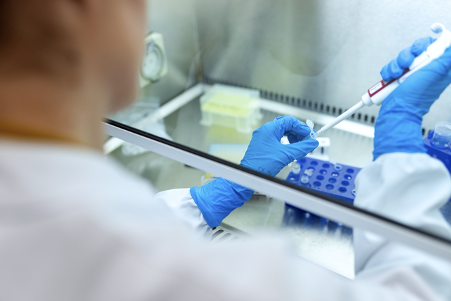ECOSOC at 80: Renewing Multilateralism in an Age of Global Uncertainty
On 23 January, the United Nations Economic and Social Council (ECOSOC) convened a commemorative session…
Digital sequence information (DSI) on genetic resources provides critical information for health and environmental research. It contributes to the development of new tools and products that can benefit all of us – from medicines and the cure of diseases to more efficient conservation methods.
 At the next Conference of the Parties to the UN Convention on Biological Diversity (CBD COP-15), which will take place next year, the access and benefit-sharing (ABS) of DSI will be among the key topics under negotiation. At the centre of this debate, it is the question of how to bridge the gap between open access to sequence data on genetic resources and fair distribution of the benefits resulting from their use.
At the next Conference of the Parties to the UN Convention on Biological Diversity (CBD COP-15), which will take place next year, the access and benefit-sharing (ABS) of DSI will be among the key topics under negotiation. At the centre of this debate, it is the question of how to bridge the gap between open access to sequence data on genetic resources and fair distribution of the benefits resulting from their use.
On October 7, experts under the WilDSI project will present 5 options that bridge this gap as part of the launch of their new report. Emerging is providing support to Leibiniz Institute DSMZ, member of the project, in disseminating the findings of the policy paper.
As the main users of DSI, researchers and scientists around the world have unique insights into what could constitute a good framework to bridge this gap. The report explores solutions that secure open access to sequence databases, as well as fair distribution of benefits between the providers and users of genetic resources.
Want to find out what experts have to say? Register here and join us at the virtual launch event on October 7!